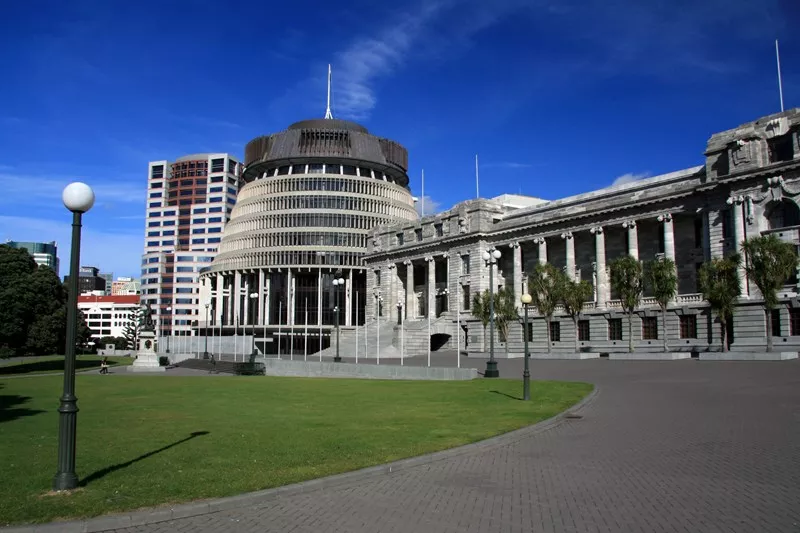The new government’s coalition agreements gives a clear indication of its plans in relation to its resource management legislative reform for the next three years. With Labour’s legislation to be scrapped in favour of a return to the Resource Management Act 1991 (RMA) (with some amendments), and further significant reform on the horizon, it is going to continue to be an interesting and transitional time in the RMA space.
The coalition agreements are clear, as National was prior to the election, that the Natural and Built Environment Act 2023 (NBEA) and the Spatial Planning Act 2023 will be repealed by Christmas, and the RMA will be reinstated, with amendments. These amendments are intended to ensure that it is easier to consent new infrastructure (including renewable energy projects), streamline the plan preparation process, and importantly establish a ‘fast track, one stop shop’ for consents and permitting processes for regional and national projects of significance (the process will involve a referral by Ministers for suitable projects). This fast track process is intended to be introduced for first reading in the first 100 days of the Government, no doubt to replace the fast track process currently contained in the NBEA.
In the longer term, the intention is for the RMA to be replaced with new resource management laws that are based on enjoyment of property rights as their guiding principle. What this will look like remains unclear, but is likely to mean less regulation and control on what can be done as of right.
Also under review will be the National Policy Statement on Indigenous Biodiversity, with a particular focus on reconsidering the mapping of significant natural areas that is required by the current policy statement. The National Policy Statement on Freshwater Management and the National Environmental Standards on Freshwater Management will be replaced, to “better reflects the interests of all water users”, putting the focus squarely on use rather than preserving and restoring where degraded the state of water bodies, as is the current priority.
There is a strong focus on infrastructure, with a National Infrastructure Agency to be established to coordinate government funding, connect investors with New Zealand and improve funding, procurement and delivery to prioritise projects of regional and national significance. All work on Three Waters will stop immediately, with assets to be returned to council ownership.
A review of all legislation that refers to the ‘principles of the Treaty of Waitangi’ will also be conducted, with all such references to be either repealed or replaced with specific words relating to the relevance and application of the Treaty.
Interestingly, the Minister for the Environment is now a Minister outside of Cabinet – Penny Simmonds, with Act’s Andrew Hoggard, the Associate Minister, also outside of Cabinet. The more powerful Ministerial positions who will deliver RMA reform look to be Chris Bishop who will take the new Ministerial position of Minister Responsible for RMA Reform as well as Minister of Housing and Minister for Infrastructure, and will be supported by Act’s Simon Court who will also be a Minister Responsible for RMA Reform. Shane Jones will be Minister for Resources (a new position).








